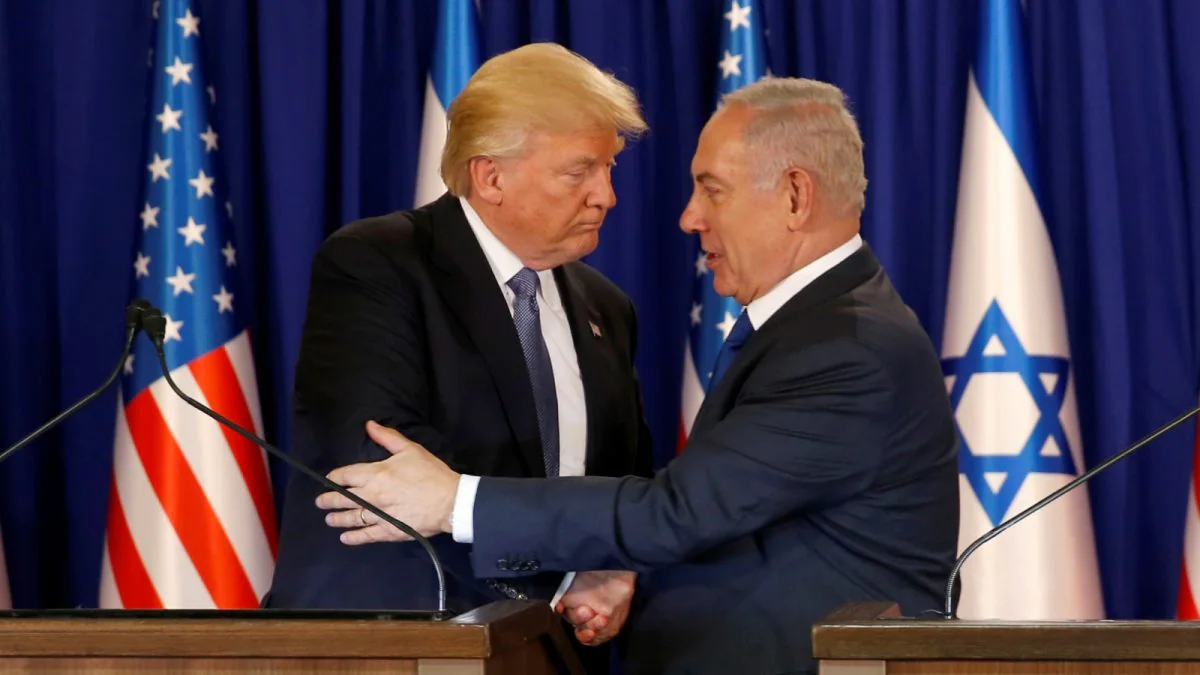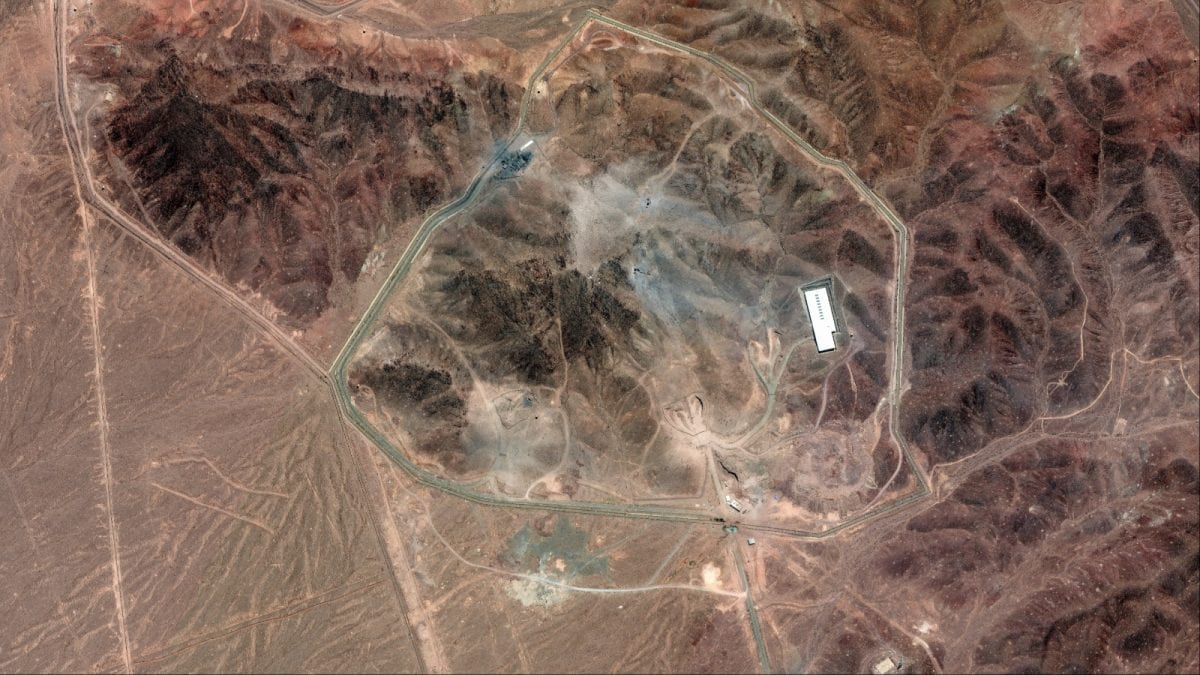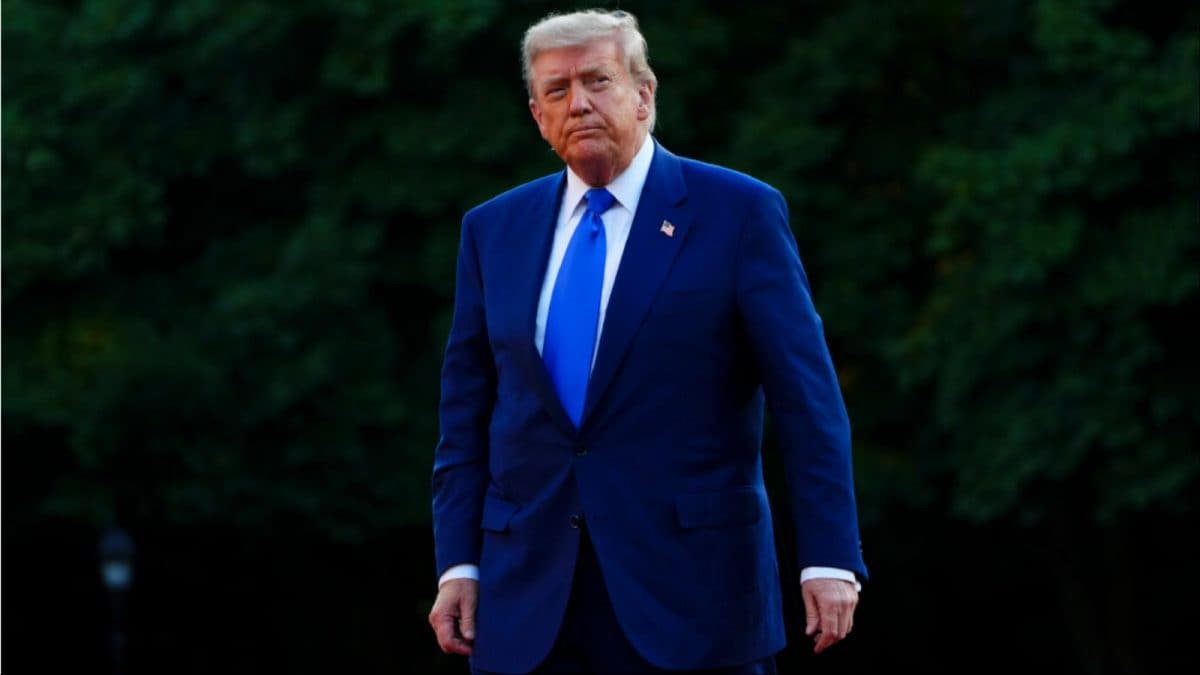The US sanctioned three Mexico-based financial institutions for alleged fentanyl-linked laundering, marking the first use of new fentanyl sanctions and potentially straining the US-Mexico financial and trade ties.

The US sanctioned three Mexico-based financial institutions for alleged fentanyl-linked laundering. (Reuters Photo)
The US Treasury Department on Wednesday took a significant step in its fight against fentanyl trafficking, prohibiting certain financial transactions with three Mexico-based institutions, CIBanco, Intercam Banco, and Vector Casa de Bolsa. The move, led by the Treasury’s Financial Crimes Enforcement Network (FinCEN), marks the first use of new sanctions under the Fentanyl Sanctions Act and the FEND Off Fentanyl Act.
FinCEN designated the three financial firms as “primary money laundering concerns,” a classification that restricts US entities from conducting transactions with their Mexican branches. While the sanctions don’t involve freezing assets or fully severing global access to US dollars—as is typical with more severe measures—they effectively isolate the institutions from the US financial system.
Though these are not the largest players in Mexico’s financial sector, the Treasury's action could have far-reaching implications due to the deeply interwoven nature of Mexican and US banking systems.
Sanctions against individual actors tied to organized crime are relatively common, but such measures against financial institutions are rare. The inclusion of these three firms, particularly Vector, a top-10 Mexican brokerage managing nearly USD 11 billion in assets, signals a new level of enforcement. Deputy Treasury Secretary Michael Faulkender emphasized the gravity of the action, calling it a clear message about US intent to crack down on financial channels used by drug cartels.
“This is a bold move. Being cut off from the US financial system is a death blow. It’s enormously impactful,” said Vanda Felbab-Brown, a Brookings Institution expert on organized crime. While she noted the institutions are not among Mexico’s largest, she characterized them as mid-sized players and stressed that the consequences would be substantial, even if the broader impact on cartel finances remains limited.
According to the Treasury, the three institutions have for years facilitated the laundering of millions of dollars for Mexican cartels and enabled payments for chemicals used to manufacture fentanyl.
The institutions pushed back on the accusations. Vector “categorically rejected” the claims, affirming its commitment to cooperate with authorities. Intercam also denied any involvement in illicit activity. CIBanco has not yet issued a response.
Mexico’s Finance Ministry stated it had requested evidence from the US Treasury to support the allegations but received no conclusive information.
Legal expert Luis Manuel Perez de Acha described the move as a “bombshell,” noting that being excluded from US financial networks could leave these firms effectively paralyzed.
The sanctions may further strain trade relations between the US and Mexico, already tense due to ongoing US efforts, including the use of steep tariffs, to compel Mexico to curb fentanyl flows across the border.
- Ends
With inputs from Reuters
Published By:
Aashish Vashistha
Published On:
Jun 26, 2025
Tune In

 5 hours ago
5 hours ago



















